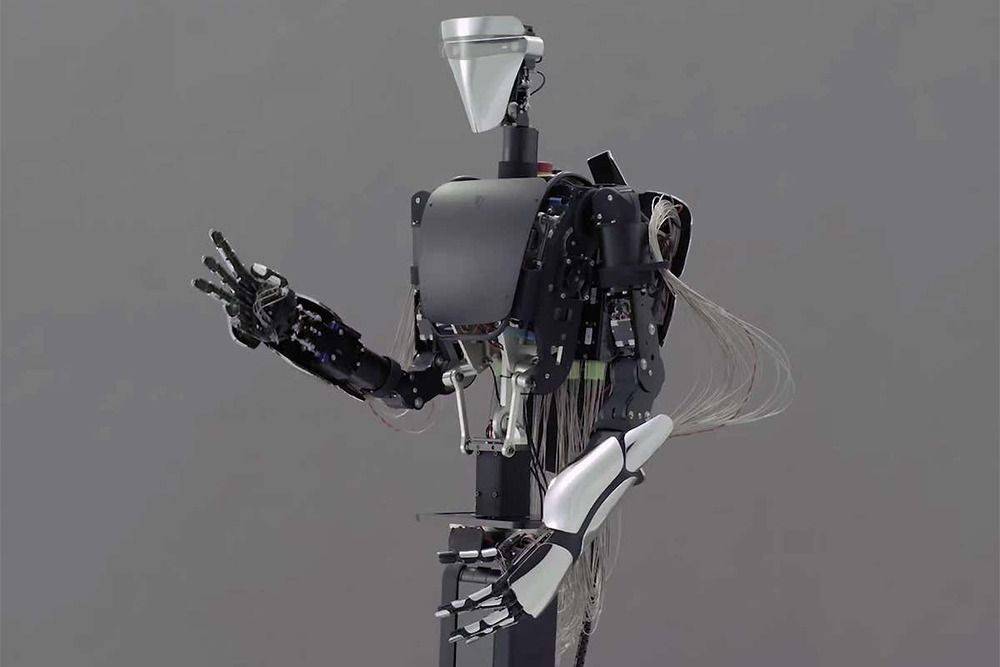Our current approach to treating chronic pain is drug-based, but a vaccine-based approach can cut addiction out of the equation. In this video, Big Think contributor Lou Reese, co-founder of United Neuroscience, explains how soon we may soon be able to vaccinate people, en masse, against pain!
Get the latest international news and world events from around the world.
How to Build An AntiGravity Engine
For those interested, I just published “How to Build an AntiGravity Engine” on Gizmodo’s blog.
https://xof-solo.kinja.com/how-to-build-an-antigravity-engin…3639207246


Physicists Have Reversed Time on The Smallest Scale
It’s easy to take time’s arrow for granted — but the gears of physics actually work just as smoothly in reverse. Maybe that time machine is possible after all?
An experiment earlier this year shows just how much wiggle room we can expect when it comes to distinguishing the past from the future, at least on a quantum scale. It might not allow us to relive the 1960s, but it could help us better understand why not.
Researchers from Russia and the US teamed up to find a way to break, or at least bend, one of physics’ most fundamental laws on energy.

SDCC 2019: Star Trek Panels Detail Picard, Discovery, And Lower Depths
Now Playing: Star Trek: The History of Jean-Luc Picard.
There’s a lot happening in the Star Trek TV universe, and much of it will feature at the franchise’s San Diego Comic-Con event later today, Saturday, July 20. Details of what fans can expect from the various Star Trek panels have now been announced. [Update: The panels are ongoing, but we’ve already learned a lot. Check out the links below for all of our coverage.].


AI Superpowers — China and Silicon Valley — Kai-Fu Lee
Lex Fridman, a Postdoctoral Associate at the MIT AgeLab, had a conversation with Kai-Fu Lee on Chinese soul, Difference between cultures of AI engineering, Role of data in near-term impact of AI, Impact of AI on jobs, Facing mortality and other issues.
Lex Fridman, had a conversation with Kai-Fu Lee on Chinese soul, Difference between cultures of AI engineering, Role of data in near-term impact of AI, Impact of AI on jobs, Facing mortality.

Can Learning a Foreign Language Prevent Dementia?
The evidence is far less clear than popular media might lead you to believe.
By: richard roberts and roger kreuz
You may have heard that learning another language is one method for preventing or at least postponing the onset of dementia. Dementia refers to the loss of cognitive abilities, and one of its most common forms is Alzheimer’s disease. At this time, the causes of the disease are not well understood, and consequently, there are no proven steps that people can take to prevent it. Nonetheless, some researchers have suggested that learning a foreign language might help delay the onset of dementia.
